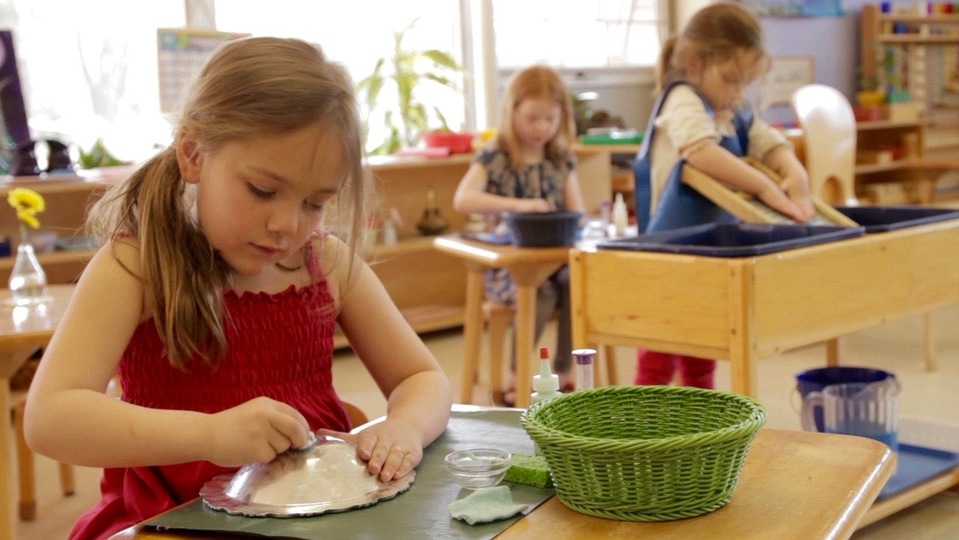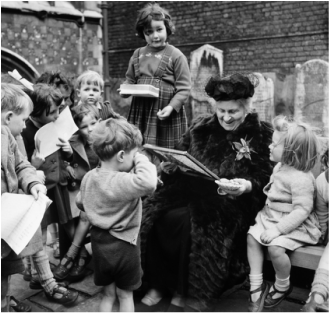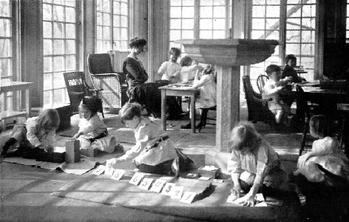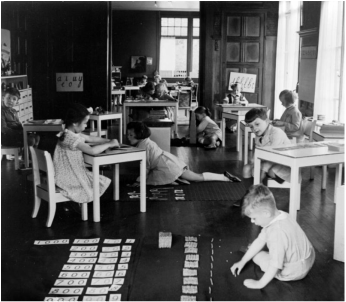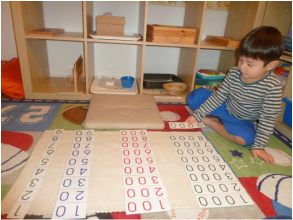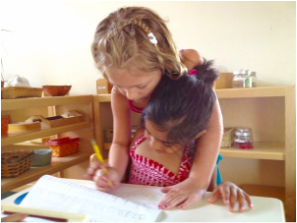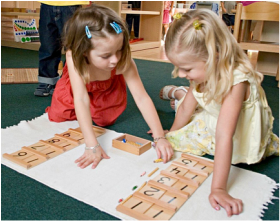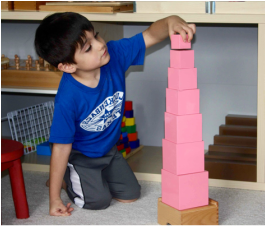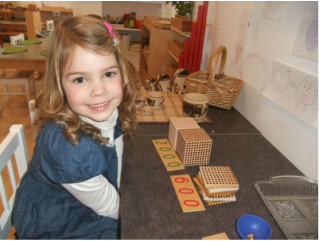Discovery
Montessori School :
A Home Away From Home
|
The Early Beginnings of Montessori Education
Dr. Maria Montessori (1870-1952), the first woman to graduate from the University of Rome Medical School in 1896, was a medical doctor who became internationally renowned for her work in the education of young children. From her early experiences working with underprivileged children in the poorest district of Rome, she came to develop specific theories about the developmental needs of children, and applied them in educational settings. |
|
Dr. Montessori’s focus on the “whole child” led her to develop a very different sort of school from the traditional adult-centred classroom. To emphasise this difference, in 1907 she named her first school, “Casa dei Bambini” or “Children’s House”. This name emphasised that the classroom was not the domain of the adults in charge, but rather it was a carefully prepared environment designed to facilitate the development of the children’s independence and sense of personal empowerment. This was the children’s community.
Within a few years, the Montessori method had become very well established in Italy. Dr. Montessori had become a public figure, spending her time researching, lecturing, writing, travelling and establishing schools and training centres all across Europe, Asia and North America. To recognize Dr. Montessori's amazing contributions to child development and education, she was nominated for the Nobel Peace Prize in 1949 and 1950. To this day, there are thousands of Montessori Schools in over 110 countries world wide. |
Montessori Today
|
Montessori believed that “it is necessary for the teacher to guide the child without letting him/her feel her presence too much, so that she may be always ready to supply the desired help, but may never be the obstacle between the child and his/her experience" (Montessori, 1967).
The teachers at Discovery Montessori School demonstrate key behaviors to implement this child-centered approach:
- Make children the center of learning and focus on each child's individual needs, strengths and areas of interest
- Encourage children to learn by providing freedom for them in the prepared environment.
- Observe children so as to prepare the best possible environment, recognizing stages in development and diverting inappropriate behavior to meaningful tasks.
- Prepare the learning environment by ensuring that learning materials are provided in an orderly format and the materials provide for appropriate experiences for all the children.
- Respect each child with warmth, kindness and understanding, modelling ongoing respect for all children and their work.
- Introduce learning materials, demonstrate learning materials, and support children’s learning, following and observing each child's development.
